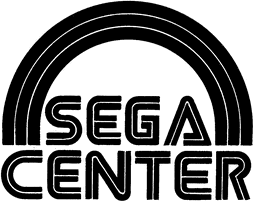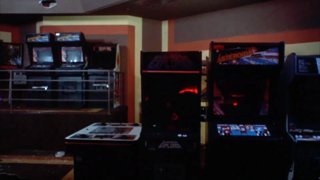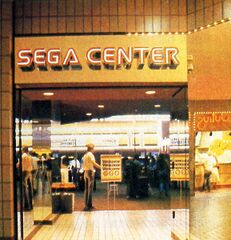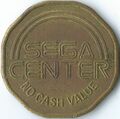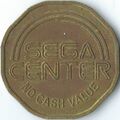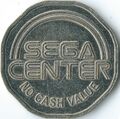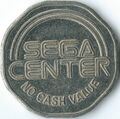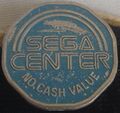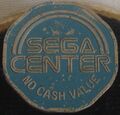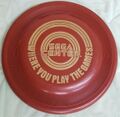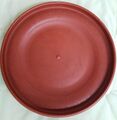Difference between revisions of "Sega Center"
From Sega Retro
m (→List of venues) |
|||
| Line 47: | Line 47: | ||
==References== | ==References== | ||
<references /> | <references /> | ||
| + | |||
| + | ==External links== | ||
| + | * [https://www.youtube.com/watch?v=LwfeOu0QsGk Sega Center offers state of the art video games in 1977] | ||
{{SegaVenuesUSA}} | {{SegaVenuesUSA}} | ||
[[Category:Venues in the United States]] | [[Category:Venues in the United States]] | ||
Latest revision as of 09:20, 25 November 2024
This teeny-tiny article needs some work. You can help us by expanding it.
Sega Center was a chain of Sega-sponsored video arcades that existed during the 1970s and early 1980s.
Contents
History
Sega Centers came into existence when Sega purchased six Kingdom of Oz arcades in March 1976[1] (having previously bought a 50% stake the previous year[2]). Located across California (USA), several were re-branded into "Sega Center" locations and operated by a division of Sega run by Malcolm Kaufman (and later Steve Isaacson[3]). While most location testing of arcade games had at this point occurred in Japan, Sega Centers allowed the firm to location test on US soil, as well as profit from the rising trends of arcade video games.
Possibly starting with the opening of a venue in Montclair Plaza in 1977, Sega Centers began to only accept special "Sega Center" tokens, rather than real money[4]. This was an effort to introduce better cash control, reduce vandalism and profit from promotions (as well as not having to keep $6,000-$7,000 worth of quarters on hand)[4].
Sega Centers were designed to be inoffensive to shoppers, as in previous years, arcades had a reputation of being dimly-lit basements unsuitable for "prestige" shopping malls. The Montclair location was adorned with blown-up photographs taken from NASA, and was coated in "special acoustically-treated paint" to keep noise to a minimum[4].
Following Sega's 1986 purchase of the larger arcade chain Time-Out, the majority of remaining Sega Centers were again rebranded under that name. Ultimately, Sega would sell off the Time-Out chain in July 1990, and temporarily withdraw from the American arcade market entirely.
List of venues
Sega Center Anaheim Plaza (Anaheim, California)[3] (197x-)
Sega Center Carson Mall (Carson, California)[3] (197x-)
Sega Center Fashion Valley Shopping Center (San Diego, California) (1977-)
Sega Center Fox Hills Mall (Culver City, California)[3] (197x-)
Sega Center Los Cerritos Center (Cerritos, California)[3] (197x-)
Sega Center Montclair Plaza (Montclair, California)[3] (1977-06-28[5]-)
Sega Center Puente Hills Mall (City of Industry, California) (19xx-)
Sega Center Sherman Oaks Galleria (Los Angeles, California)[6] (19xx-)
Sega Center Tanforan Shopping Center (San Bruno, California)[7] (19xx-)
Magazine articles
- Main article: Sega Center/Magazine articles.
Photo gallery
Tokens
Merchandise
References
- ↑ Cash Box, "November 13, 1976" (US; 1976-11-13), page 70
- ↑ Cash Box, "October 25, 1975" (US; 1975-10-25), page 43
- ↑ 3.0 3.1 3.2 3.3 3.4 3.5 Cash Box, "August 19, 1978" (US; 1978-08-19), page 54
- ↑ 4.0 4.1 4.2 Cash Box, "July 23, 1977" (US; 1977-07-23), page 41
- ↑ Cash Box, "July 2, 1977" (US; 1977-07-02), page 322
- ↑ Electronic Games (1981-1985), "Volume Two, Number Six; August 1983" (US; 1983-xx-xx), page 66
- ↑ https://forums.arcade-museum.com/threads/name-your-childhood-arcades.271595/page-19 (Wayback Machine: 2023-08-09 02:54)
External links
